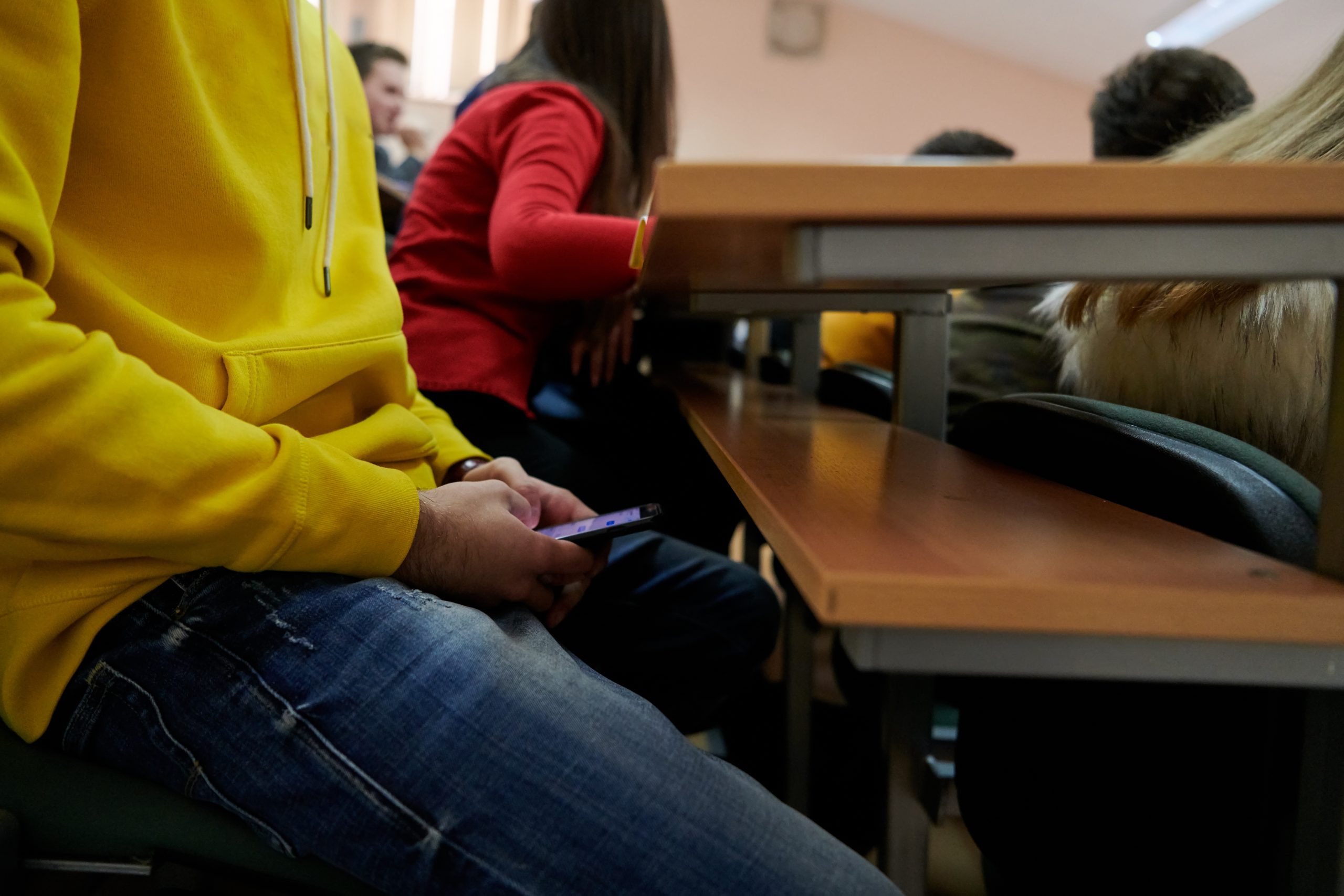Academic Misconduct Policies
Academic misconduct policies are included in the Student Code of Conduct. These policies are referenced and/or included in ISU Catalog (academic conduct), Faculty Handbook, and Code of Computer Ethics and Acceptable Use Policy. Additionally, students are expected to adhere to ethical standards set by the various colleges and departments. Students must also comply with the university policy on Research Misconduct, which prohibits fabrication, falsification, or plagiarism in proposing, performing, or reviewing research and reporting results.

Definition and Examples of Academic Misconduct
ISU defines “academic misconduct” as any action or attempted action that may result in creating an unfair academic advantage for oneself or an unfair academic advantage or disadvantage for any other member(s) of the academic community.
Examples of academic misconduct include:
- Unauthorized group work or assistance on work
- Actual or attempted use of unauthorized materials in completing coursework. Unauthorized materials may vary based on course policy and type of academic work (homework vs exam) and may include use of the internet, calculators, other electronic resources, written or typed notes, formulas, etc.
- Not appropriately citing the use of GenAI and/or utilizing GenAI where course policy prohibits it
- Copying from a peer, former student’s work, posted course materials, solution manuals, etc.
- Plagiarism or uncited use of information or ideas, including written work, images, photos, designs, videos, content, etc.
- Falsification or fabrication of information, such as falsified data, falsely recording or reporting attendance, hours, or engagement in educational activities.
- Falsifying documents or forging faculty, staff, adviser, or university designee signatures for an academic outcome or to gain an academic advantage.
- Submitting work, themes, reports, drawings, laboratory notes, computer programs, or other products prepared by another person (also known as contract cheating)
- Knowingly assisting another student in obtaining or using unauthorized materials, including sharing coursework with another student
- Resubmitting coursework, in whole or part, that was previously submitted in another course
- Tampering or alteration of grades, academic records, or an instructor’s evaluation of work by altering materials or documents, tampering with evaluation tools, or other means of interfering
- Recording and/or sale or dissemination (including posting) of instructional content without the express permission of the instructor(s) or an approved accommodation coordinated via Student Accessibility Services (sas.dso.iastate.edu)

